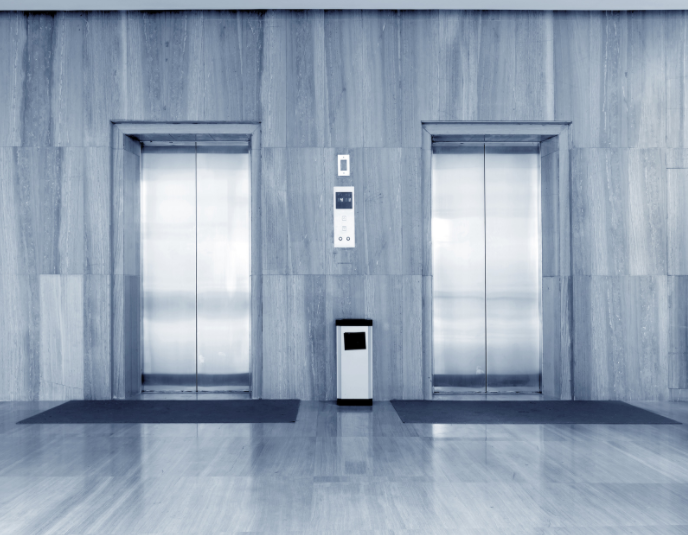
In 2017, elevators were on the front-page in most Ontario newspapers due to concerns related to elevator reliability, availability, and the lack of data on the topic. This led to MPP Han Dong introducing The Reliable Elevator Act in March of 2017. Now, Ontario is kicking the dust off the elevator availability legislation that was passed in May 2018 but never proclaimed into law.
Changes taking effect July 1, 2022
- Recently approved regulatory changes allow the Technical Standards and Safety Authority (TSSA) to impose financial penalties for non-compliance with legal requirements.
- Elevator outage data must be reported to TSSA for online publication. In a statement, the Ministry of Government and Consumer Affairs said owners of elevators in a long-term care home or residential building will need to report all prolonged outages (i.e., of 48 hours or longer) to TSSA, along with the cause of the outage and certain characteristics of the building/elevator via an online form. Potential homebuyers would be able to search an address and gather this data.
Challenges for Elevator Contractors
Elevator contractors agree that out-of-service elevators should be made operational as soon as possible. However, the new legislation doesn’t take into account some of the challenge’s elevator contractors face to get that done.
- Unavailable parts or wiring diagrams for equipment that in many cases has not been manufactured for decades.
- Microprocessor components for new and modernized elevators are rarely available within 48 hours.
- The move towards machine-room-less elevators with miniaturized components that further inhibit repairs and maintenance.
- If the contractor has advised the building owner to upgrade the old equipment but the owner decides not to, is it the contractor’s responsibility to keep the outdated equipment in excellent running condition?
- Another common occurrence that contractors face revolves around payment. A contractor might delay repairs if a company hasn’t paid their invoices for the past few months. It is currently unclear if contractors will be responsible for repairing an elevator in those situations.
Clearly, many details still need to be worked out before July 1, 2022. Elevator contractors are trying to have their voices heard, and this very complex issue appears to raise more questions than it answers.
FIELDBOSS stays current on industry trends to keep you informed on what’s happening in the elevator world. Read our blog and sign up for our newsletter for all the latest news.